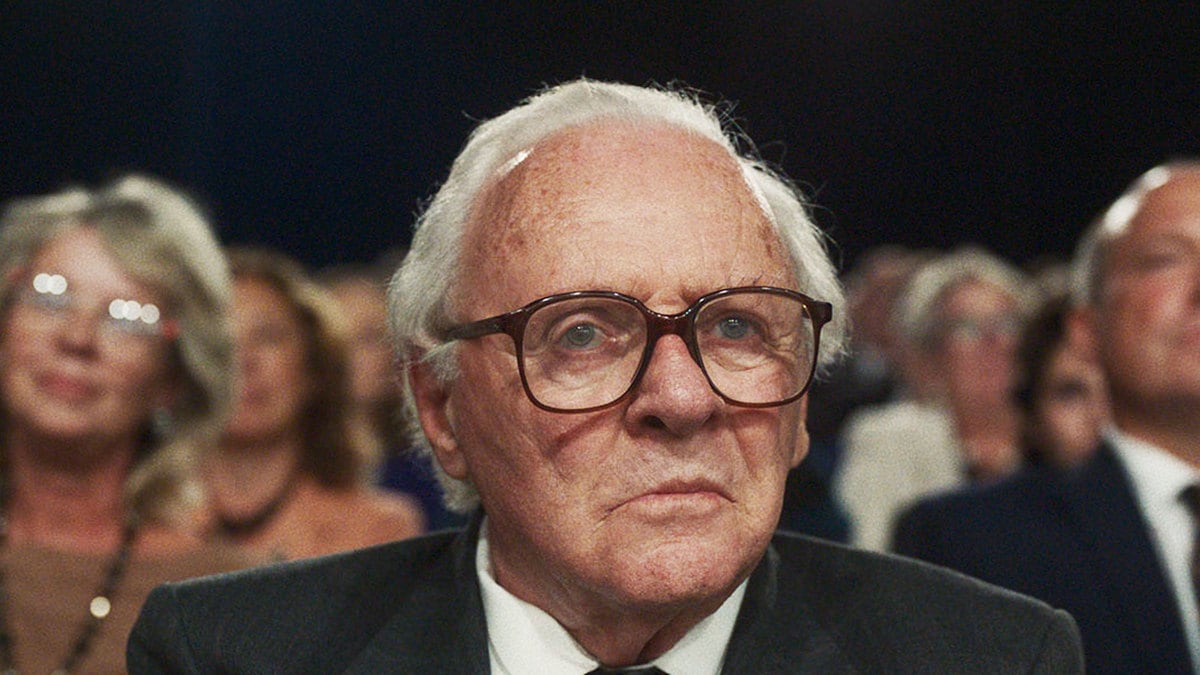Anthony Hopkins Plays the Man Who Saved 669 Children From the Holocaust
KLEENEX ALERT
The Oscar winner gives the stunning performance you expect from him in the new drama, which will make you sob. But the film itself doesn’t rise to his level of his performance.

Trending Now





